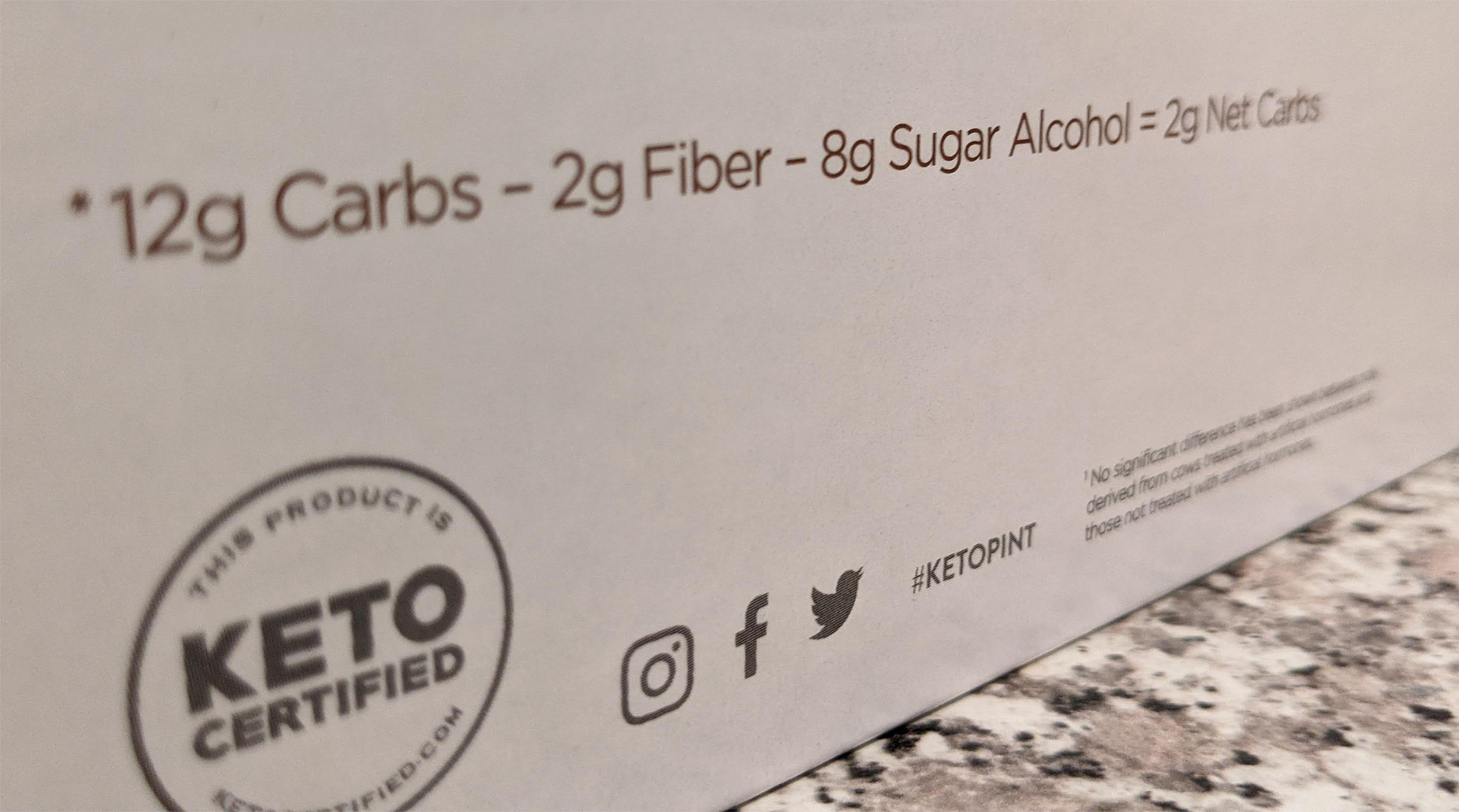by Elizabeth Magee, LRD, RD
Nick was at the store the other day and naturally pop was on the list. He called to ask if I noticed most of the pops are no longer labeled “diet.” Instead, they say “no sugar,” “zero” and other similar things. I actually hadn’t noticed, probably because the colors still look the same and I’m aware that generally “diet” means zero carbs or calories. (Now, not always, but in the case of diet pop this is generally what it means.)
So, it made me wonder, why this change? Are we scared of the word “diet?” Should we be? I don’t necessarily love the word, but I’m not offended when it comes down to the kind of pop I’m drinking.
Then I started thinking more about sugar – so much to think about. Other names, other types, “natural” sugars, sugar alcohols. Who can keep it straight and who’s interested?
Sugar alcohols can be confusing. Do they count as sugar? Do they raise blood sugar? Do they have anything to do with alcohol? What counts as a sugar alcohol (sorbitol, xylitol, mannitol, isomalt are common ones)? Working in the clinic, I was asked all these things. And no, sugar alcohols have nothing to do with the alcohol you’re thinking of. If you’ve chewed sugar free gum, you’ve probably had sugar alcohols.
They’re used to sweeten a lot of those “diet foods” because they have fewer calories than your regular sugar (1/3-1/2 less). They’re less likely to increase blood sugar, but of course, that depends on the amount you’re consuming. Artificial sugars don’t influence blood sugar, so that’s how these two are different.
If you’re a carb counter, a common misconception is that you can subtract all of the sugar alcohols from the total carbohydrate count. This is where it gets dicey. You can subtract SOME of the sugar alcohols – half would be appropriate.
Are these a good choice for kids? Of course I’m going to tell you that eating fresh produce and whole foods is always a really good option. I also know we don’t all do this. (I let my stepdaughter have cake for breakfast on Sunday, because… why not?) Within reason, it’s okay for kids to have sugar alcohols. However, keep in mind that they may not tolerate them. They can cause gas, bloating, cramps, diarrhea – unpleasant symptoms to say the least.
I would give sugar alcohol the yellow light, proceed with caution. There’s no reason to be scared of them. And for some trying to manage blood sugars, products with artificial sweeteners and sugar alcohols are beneficial for those goals. But of course, I’ll take this moment to remind everyone that it’s best to feed our kids (and ourselves) more fruits and veggies, dairy, lean proteins and healthy fats. It’s a simple equation when I type it, but we’re not perfect and sometimes you really want what you really want.
We all need to be mindful about food choices, which is different than being scared or restrictive. It can be a fine line. We have enough to stress about. Food shouldn’t be part of that game.
 Elizabeth Magee is a licensed registered dietitian. Her posts appear monthly on OYT.
Elizabeth Magee is a licensed registered dietitian. Her posts appear monthly on OYT.
Other popular posts from Elizabeth:
